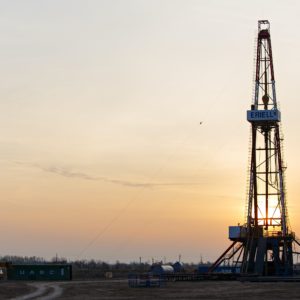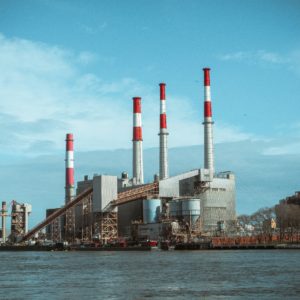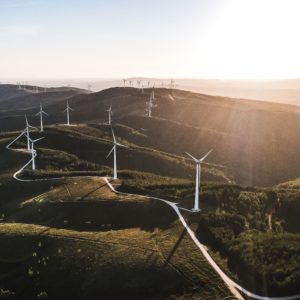"The energy sector is also in transition to a lower-carbon future. Even most major energy companies publicly recognize this. It seems clear to many where things are headed in the long term, but it is much more difficult to predict the trends on a year-to-year basis."
Articles from Around the Web
Residential construction permits in Portland down 82% since Green New Deal
"In 2020, prior to the new inclusionary zoning provision, 756 residential units were put on the planning books. In the roughly one year since passing the provision in November 2020, only 139 units had been put on the books — a decrease of 81.6%, according to a study by the Boulos Co."
Tons of used face masks to be turned into energy
"First the masks are disinfected with ultrasound, then dipped in 'ink' made of graphene, which saturates the mask. Then the material is pressed under pressure and heated to 140 degrees Celsius (conventional supercapacitor batteries require very high temperatures for pyrolysis-carbonation, up to 1000–1300 degrees Celsius, while the new technology reduces energy consumption by a factor of 10). A separator (also made of mask material) with insulating properties is then placed between the two electrodes made of the new material."
Net-zero emissions pledges matter
"We cannot grow by subtraction. We must innovate, deploy the technology we have today and support the innovation necessary for the future and not be bound by only what we know today as the solutions. Transformation requires a vision and investment."
Oatly wants farmers to plant more oats. Here’s how it’s helping
"Oatly is supplying grant funding for the farmers to start growing oats and is promising to buy the oats after they are harvested. This guarantee helps offset the economic pressure to grow corn and soy, which sell for a higher value, up to two to three times as much per bushel compared to oats, according to Kunen."
Why the Russia crisis matters for U.S. energy
"But the administration may have little direct influence since the market for natural gas responds mostly to prices, observers say. There are long-term policy changes by the U.S. and its allies,however, that could reduce Russia’s influence over Europe, which is already grappling with a severe energy crisis, they say."
Climate change: Key crops face major shifts as world warms
"Coffee is the most susceptible crop to high temperatures. In those countries accounting for the majority of the world's production of Arabica - the dominant coffee variety - suitability for growing the crop will decrease by around half by 2050 - a 'drastic' reduction, according to the report."
Global spending on energy transition nears $1 trillion
"The world invested $920 billion in clean energy deployment and innovation in 2021, a record high. However, in order to meet the goal of net-zero emissions by 2050, this figure must at least triple in the next few years, warns a report out Thursday from BloombergNEF."
Governance and Institutional Design Will Be Critical to Growing a Clean Hydrogen Economy
"The long-term prospects for hydrogen in the United States will depend on more than how well DOE administers hydrogen hubs. Without a broader market shift toward hydrogen and long-term policies to back that shift, whatever success the agency can spur through the hub program will be muted."
China’s Xi Says Climate Targets Can’t Compromise Energy Security
"Xi has long stressed the need to strengthen domestic oil and gas production. But his latest, broader, comments once again bring China’s persistent anxieties around the supply of food, energy and materials to the fore. And they highlight how the campaign to reduce emissions has at times come into direct conflict with efforts to check commodities prices, which have surged over the past year in large part because of a shortage of coal and rising power costs."









